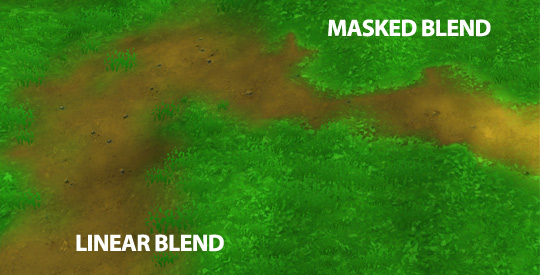Level With Me is a whole new batch of "candid interviews with game developers about their design process" going up on Rock Paper Shotgun, one a week.
The first half of each interview focuses on their past work / approaches, and the second half is a conversation where we design part of a first person game together, based on what previous interviewees did. This way, you get a 90s net-art pioneer indirectly collaborating with a veteran AAA level designer indirectly collaborating with an indie horror game designer, as they all deal with the weight of each others' design decisions.
The goal here, as before, is to demystify game development. Games are magic, but not because they are unknowable -- they are magic because they are so hard to execute and they require so much work and blood and sweat of human wills. I believe we can talk about game development / struggle, straightforwardly, in plain words.
This is also how we design games: we ask ourselves questions, and then try to answer honestly. Different people will ask themselves different questions and give different answers.




